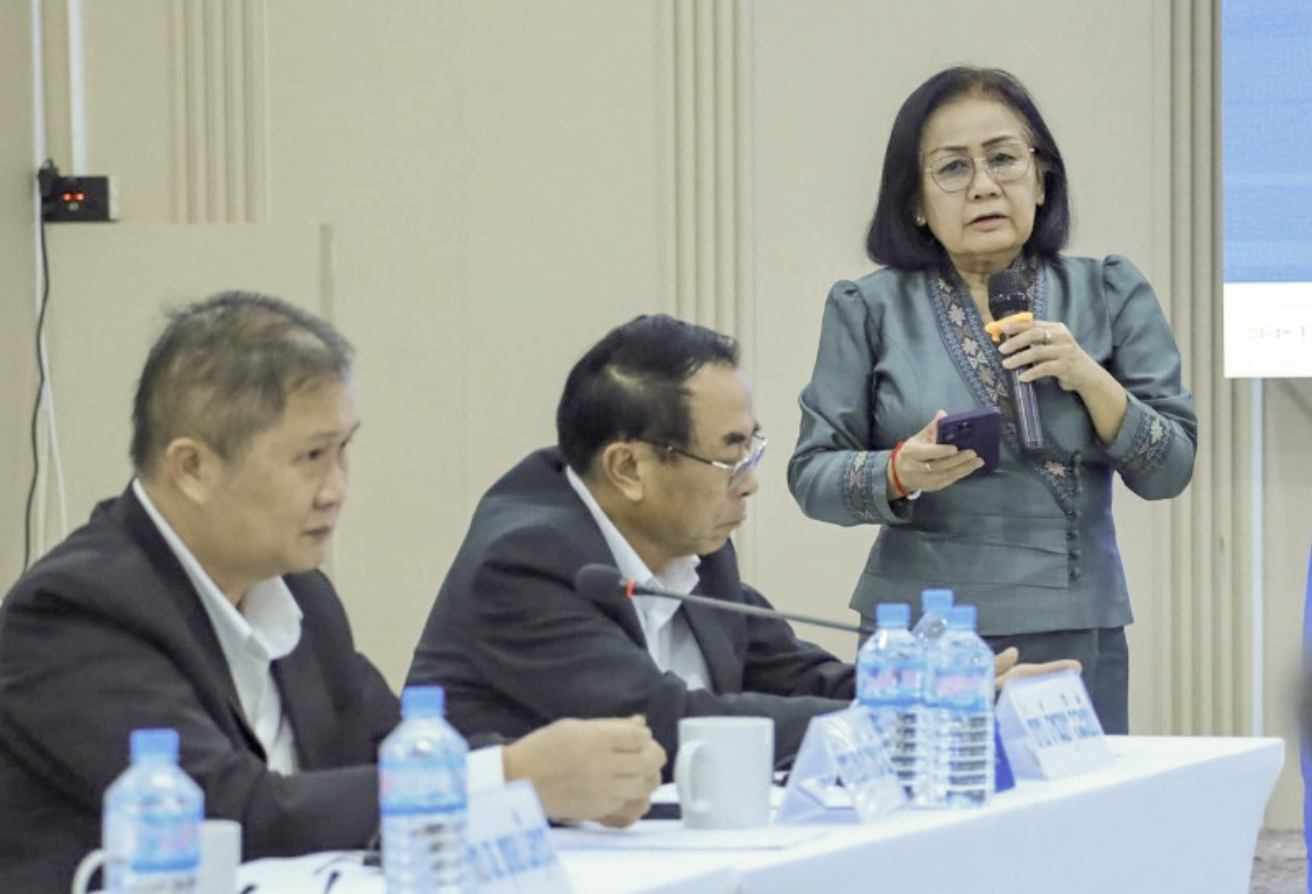The National Assembly of Laos held a workshop on financing primary health care and immunization with the Ministry of Health and partners. Participants addressed funding gaps, urged stronger coordination and budget reforms, and supported domestic financing of at least USD 20 per child to sustain immunization gains and health system resilience.
The National Assembly of Laos convened the second national workshop on “The Economics of Health – Financing Primary Health Care and Immunization in Laos” in Vang Vieng. Organized by the Assembly’s Committee on Social and Cultural Affairs and the Ministry of Health (MoH), with support from Health Poverty Action (HPA), the Global Health Advocacy Incubator (GHAI), and the University of Health Sciences (UHS), the event aimed to align policy and fiscal strategies for sustainable health financing.
Building on the first workshop held in September 2025, this session brought together parliamentarians from key committees, senior officials from the MoH and Ministry of Finance (MoF), and development partners to discuss financing solutions for primary health care and immunization. The dialogue centered on sustaining recent health gains while addressing impending budget challenges.
Laos has made strong progress in public health: under-five mortality declined from 62 to 35 per 1,000 live births between 2016 and 2022; HPV vaccine coverage surpassed 98 percent among ten-year-old girls; and the country has remained polio-free since 2000. Reforms, including the switch to a new pneumococcal vaccine (PCV) and a single-dose HPV schedule, have generated annual savings of about USD 700,000. However, with external funding decreasing, Laos will need more than USD 3 million annually for vaccine procurement from 2026 onward, putting immunization programs at financial risk.
Participants stressed closer coordination between the MoH, MoF, and National Assembly to ensure predictable and adequate health budgets. Discussions focused on integrating dedicated vaccine-procurement budget lines, improving allocation efficiency, and raising health expenditure to at least nine percent of total government spending. The group also examined domestic resource mobilization measures, including increased tobacco and alcohol taxation and greater integration of health insurance with social protection systems.
Parliamentarians highlighted the economic returns of immunization, estimated at up to USD 54 in benefits per USD 1 invested, and warned against the high costs of inaction. Outcomes from the workshop will inform the 2026 national budget and the development of a Parliamentary Toolkit on Sustainable Health Financing. This toolkit will support lawmakers in advocating for domestic funding of at least USD 20 per child annually—crucial for maintaining immunization coverage, preventing disease outbreaks, and securing long-term health and economic resilience in Laos.


